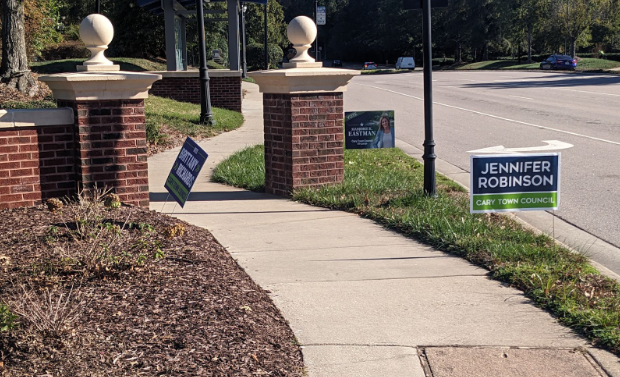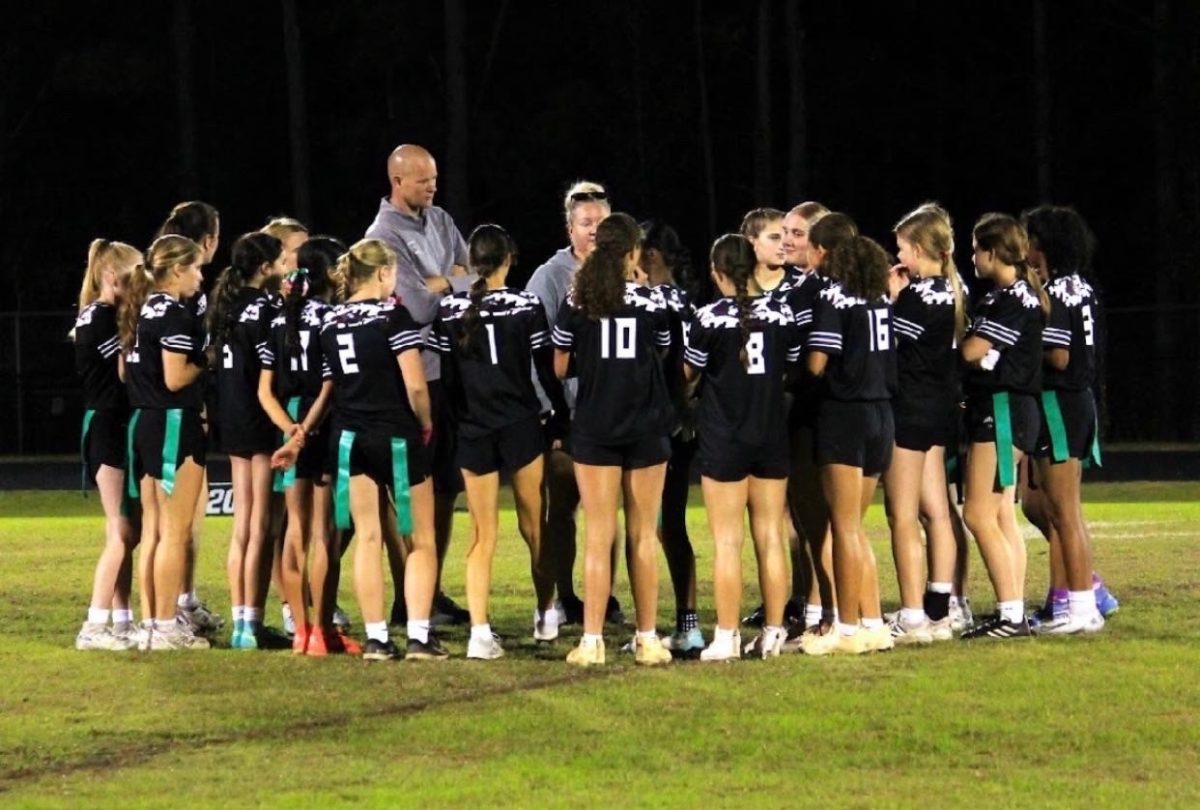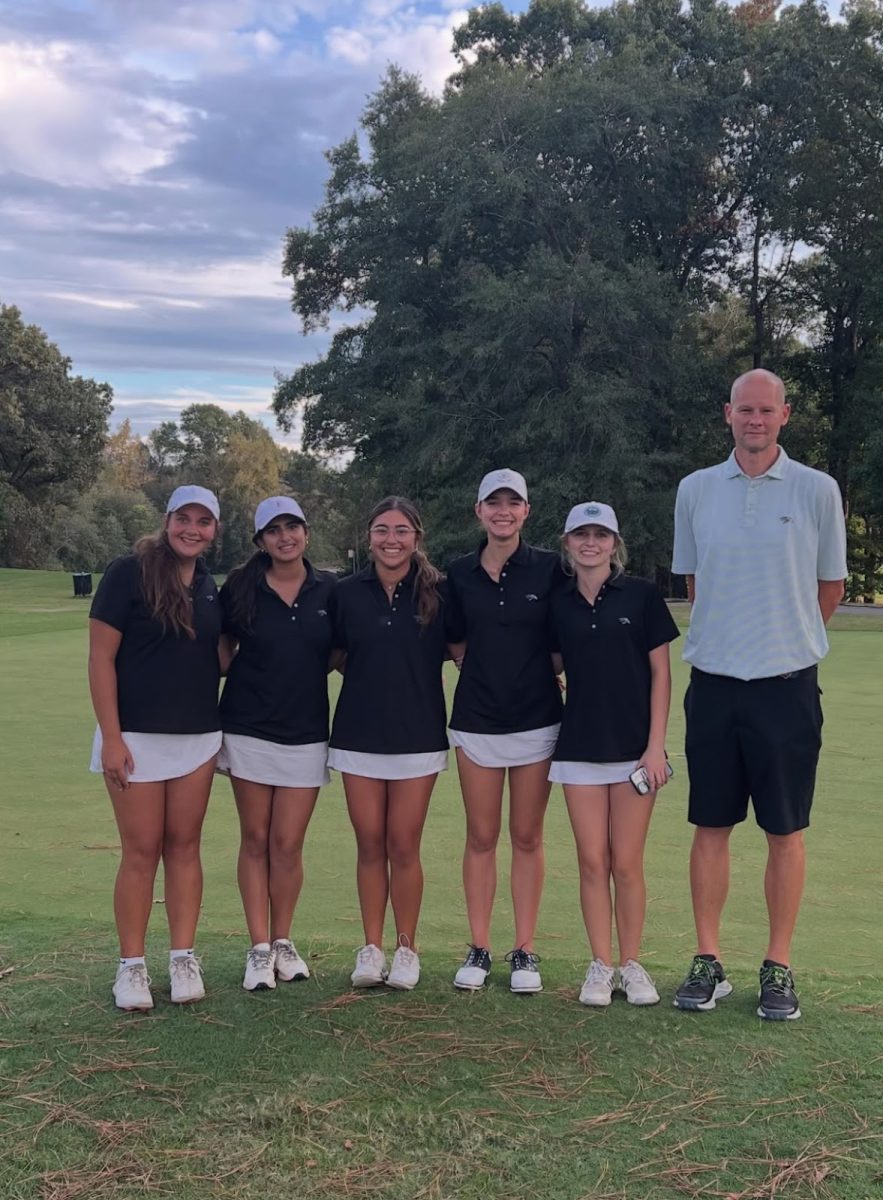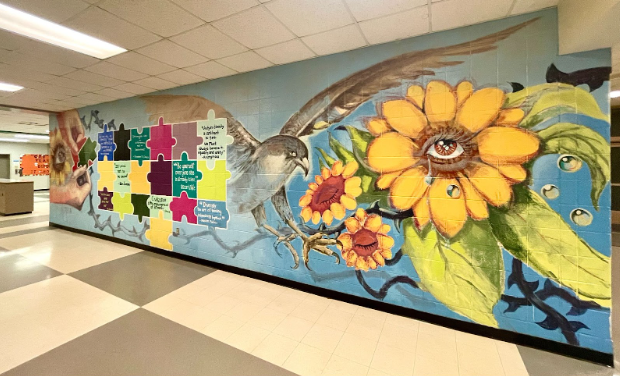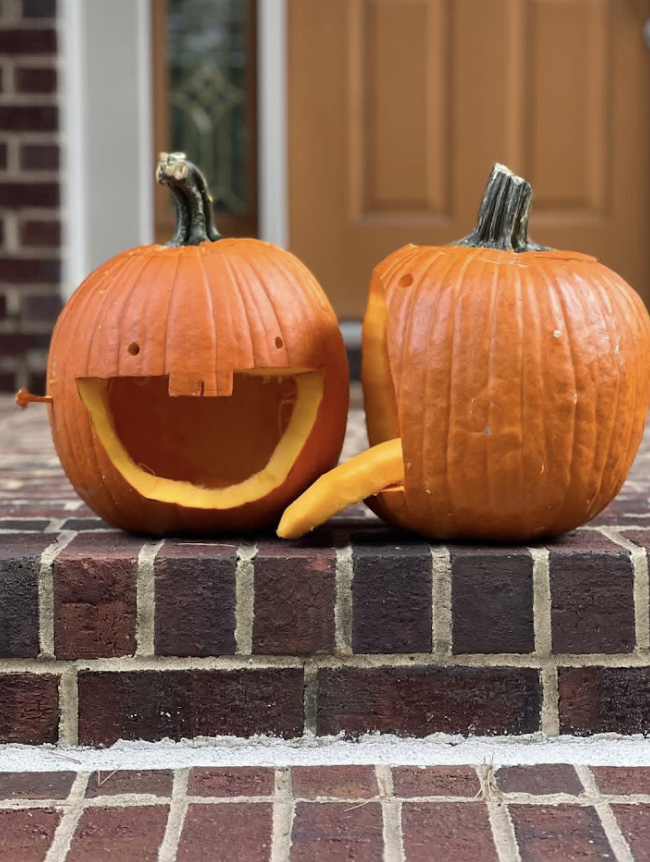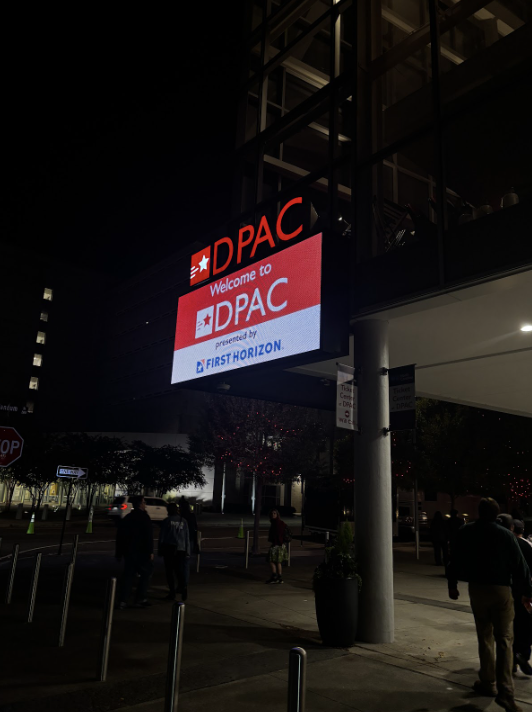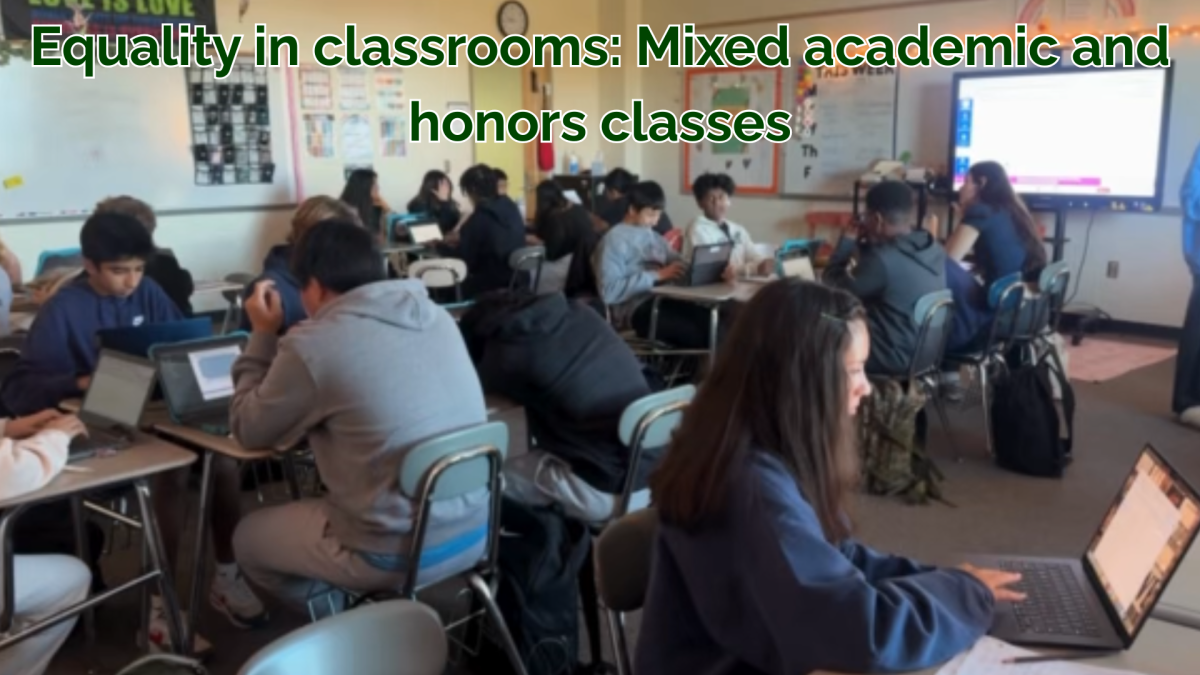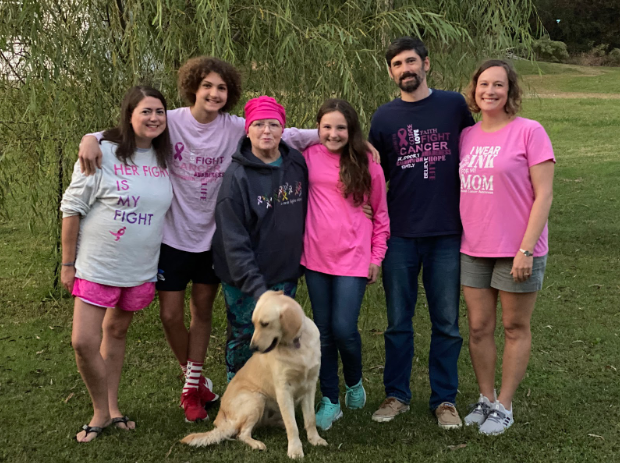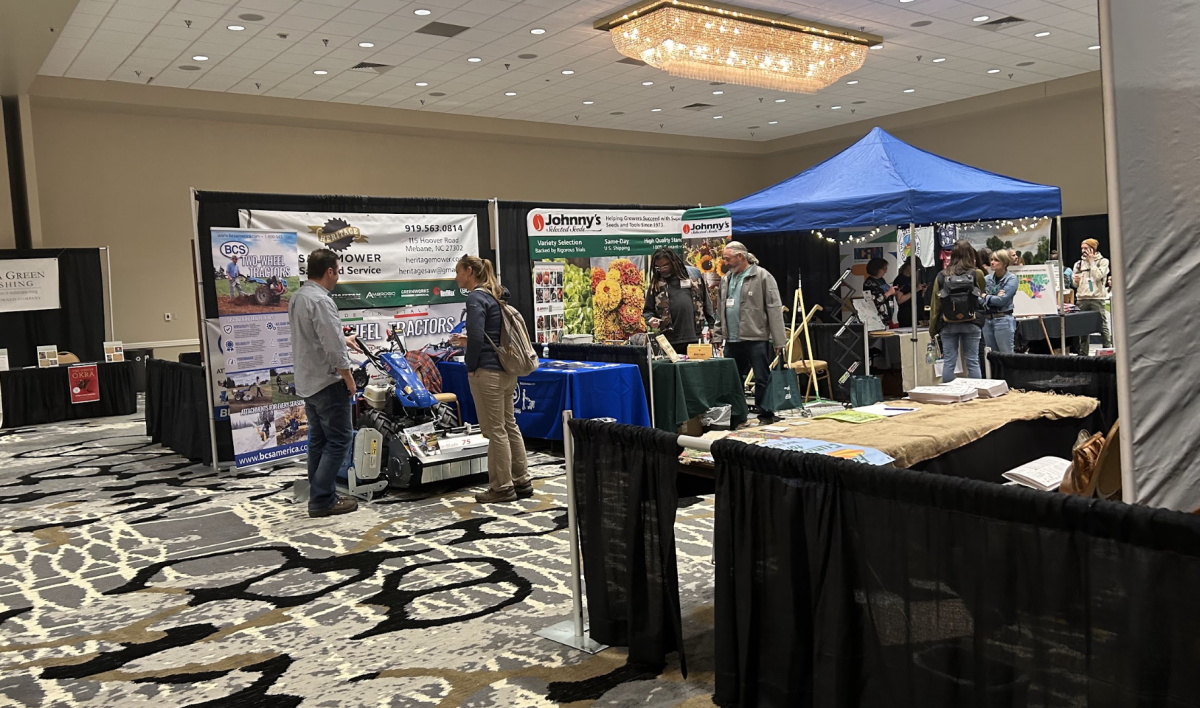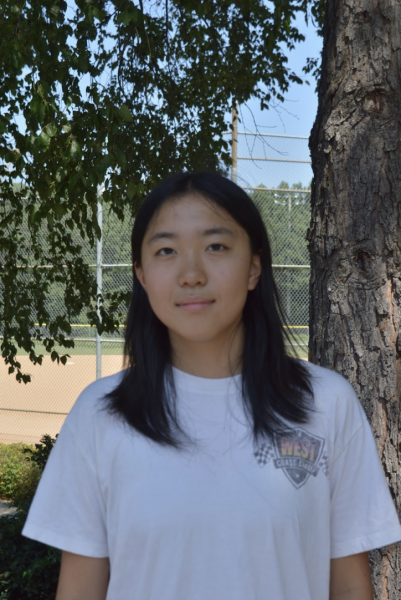The Sustainable Agriculture Conference, hosted annually by the Carolina Farm Stewardship Association, took place at the Durham Convention Center from Saturday, Nov. 11 through Monday, Nov. 13. Farmers, researchers and horticulturists across North and South Carolina gathered to engage in discussions surrounding the development of sustainable food systems.
The conference consisted of over 80 sessions hosting guest speakers that spanned a variety of topics pertaining to sustainable agricultural practices and issues, a trade show of 63 small businesses and nonprofits across the state and agricultural-themed trivia night. A seed-sharing table was also open throughout both on-site conference days, encouraging attendees to bring seeds and root cuttings to trade with others.
Beyond support for organizations, several booths also provided mentorship for beginner farmers and technical services for established farms. Activists were able to attend sessions in policy training, including a session titled “Taking Back the Farm Bill: How to Advocate for a Just and Climate-Friendly Food System,” hosted by representatives from the National Sustainable Agriculture Coalition and North Carolina Food System Advocacy Coalition.
On Monday, the conference offered nine off-site farm tours to attendees, including an interactive turkey processing workshop at the Jireh Family Farm in Durham County and a regenerative agriculture farm tour at Union Grove Farm in Chapel Hill.
In addition to technical lectures on cover crops, improving soil health through microbes and high tunnel cucumber production, certain workshops also sparked conversations surrounding cultural heritage in farming.
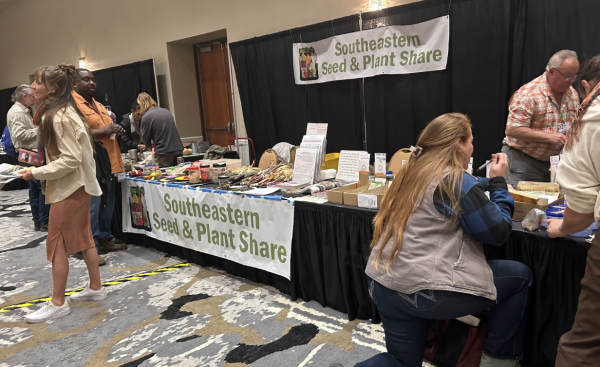
Amyrose Foll is the Urban Agriculture Collective Director of Cultivate Charlottesville, a nonprofit that promotes positive food systems across Virginia. Through her session, “Seeds for Preservation and Perseverance: Native American Foodways,” Foll educated listeners on the cultural roots of indigenous agriculture and allowed them to take home packets containing seeds native to her tribe.
“Because our culture is intimately connected with foodways, from Green Corn Ceremony to Corn Mother and so many different celebrations that we do every year, it’s really important to me to be able to provide that for everyone and we always want people from the outside community to come in and join us and celebrate with us and learn, because if you don’t learn, there’s not a whole lot of us,” said Foll. She emphasized the importance of “seed sharing,” a practice that entails preserving and shipping seeds across the country, preventing the extinction of indigenous crop breeds that are outsourced by industrial agriculture.
Rowen White, the founder of seed stewardship cooperative Sierra Seeds, shared similar efforts in “seed mapping” in her session “Re-Seeding a Relational Agriculture: Intercultural Collaboration in Service of Agricultural Biodiversity”.
“[We] developed the whole process that we first started calling seed census and now we call it seed resiliency mapping. So we basically train indigenous communities. We have these sovereignty assessments, training people on how to do this community driven research work. So it’s been incredible. We teach people on how to track how seats flow in and out of our community,” she said.
She also detailed her journey of preserving indigenous plant species in Nevada County, California, and highlighted the resilience that seed documentation places on food systems. “As we’re documenting the types of seeds and the cultural memory, and how long these seeds have been in our community, they also provide protective mechanisms in our community against the theft and patenting of indigenous seeds.”
Several booths also shared technologies that could improve crop resilience and growth. One such booth was hosted by EnSoil Algae, marketing a soil-amending bio-stimulant. Partner recruitment and field support specialist Merideth Garrigan detailed the business’ product.
“We have utilized algae to help people move from harsh chemical, synthetic fertilizers, pesticides, fungicide use into more ecological processes. That’s part of our mission … When we also use the live biology because it’s very powerful. The way it interacts with the soil is the algae goes out into the field, [and] it’ll interact with the plant and it will also interact with the biology around,” she said. “There’s lots of biology that is working at the return of the planet to help put nutrients into the plant.”
She explained that EnSoil’s products take inspiration from centuries-old techniques in other countries. “It’s been used in other countries. For decades,” she said. “These are innovations that came from countries that could not really access chemical fertilizers and they were innovating with what they have.”
The Land Loss Prevention Project, another organization that participated in the trade show, provided legal services to assist farmers in retaining land ownership. Land Loss Prevention Project aids landowners in services such as navigating foreclosure defense, filing bankruptcy and farm succession planning.
Junior Staff Attorney Christina Rice elaborated on their mission. “We provide free legal services to eligible farmers, landowners and homeowners, all relating to land retention as our goal is to land in the family and firstly, farmland as farmland.”
She discussed the importance of empowering farmers to retain rights to family land. “A lot of our clients’ land has been in their families since like the early 1900s late 1800s and so it’s something that’s been passed from generation to generation and they really want to keep that and keep it in the family,” Rice said.
The conference ended with a message from the Carolina Farm Stewardship Association staff, thanking attendees for attending and connecting with one another, despite coming from various backgrounds and geographic locations. The organization continues to foster support for organic agriculture and small-farm-based food systems through its campaigning.






